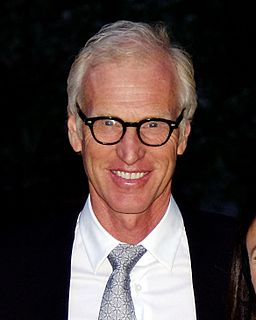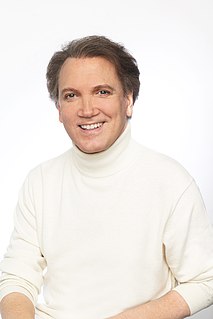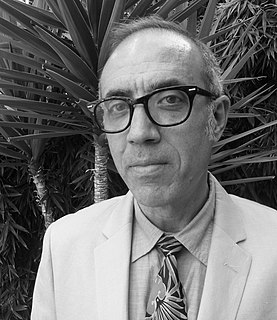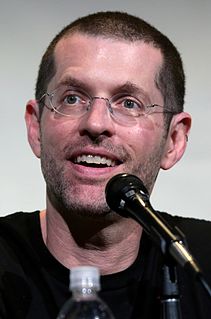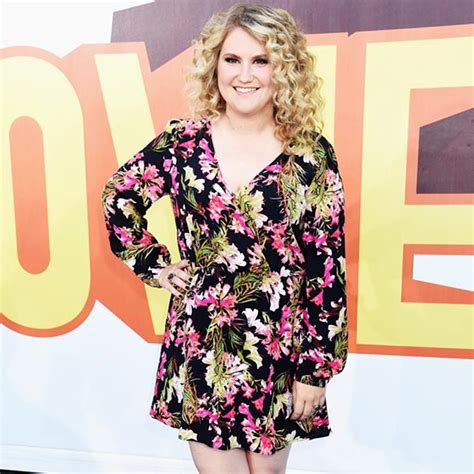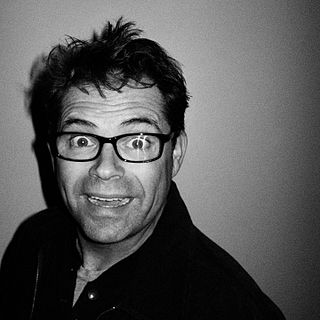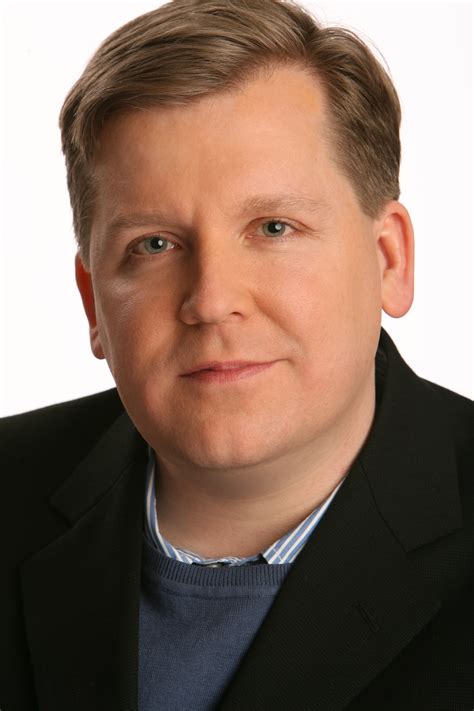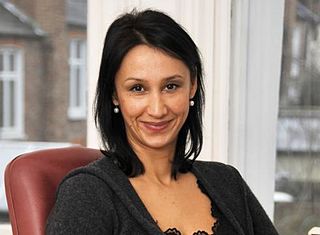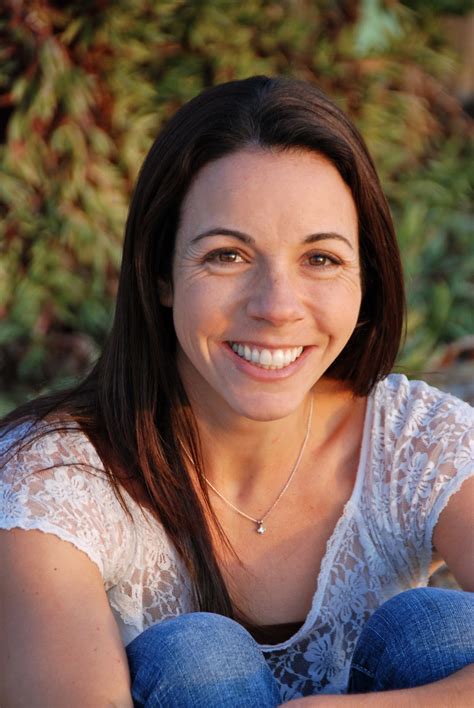A Quote by Brad Hall
I've had situations before where there are more people giving notes than there are writers on the show.
Related Quotes
I took many notes, more than usual before I sat down and wrote Act One, Scene One. I had perhaps eighty pages of notes. . . . I was so prepared that the script seemed inevitable. It was almost all there. I could almost collate it from my notes. The story line, the rather tenuous plot we have, seemed to work out itself. It was a very helpful way to write, and it wasn't so scary. I wasn't starting with a completely blank page.
When you can sit down with a plain sheet of paper in front of you and make some notes, and, little by little, you see it take shape and become a concept for a movie or a TV show. That's a real thrill. You watch it go from notes on a paper to a meeting with writers and directors and actors. I can't think of anything that's more exciting.
We know that the elements in play in a show like 'Confederate' are much more raw, much more real, and people come into them much more sensitive and more invested, than they do with a story about a place called 'Westeros,' which none of them had ever heard of before they read the books or watched the show.
I would say we had two goals when doing this CD. The first goal is to introduce people who have never seen the show before to the best comics that are on the show. And goal number two is to introduce people that they never heard of before and give you a bit more flavor of what the show is actually like. And those goals are very much in line with the philosophy of the show from the very beginning. It's the very best people who are out there.
I think that comes with a collaboration with the writers. I think that we get cast in edgier roles because we are a little more offbeat, so people - as we get to know the writers, and as the writers get to know us, they start to write around us more, and that's why I think the pilot is not always the best way to get to experience a new television show, because we're fitting ourselves into these characters. Whereas as the show evolves, they're writing the characters for us and for our strengths and weaknesses.
You will never experience less reality than when you are watching a reality show. You're watching people who aren't actors, put into situations created by people who aren't writers and they're second guessing how they think you would like to see them behave if this were a real situation, which it's not. And you are passively observing this; watching an amateur production of nothing. It's like a photo of a drawing of a hologram.
I'm a playwright by trade, and in theater, writers have complete control over everything. Nobody can change a word without your permission. I've had a couple screenwriting experiences that weren't terrible, but they were typical, where executives came in and gave you sometimes good notes and sometimes horrible notes - but they wanted to change the movie that everybody had agreed to make. After a couple of times, it's like, "Why are we doing this?" The story is not going to turn out very good when 13 people are writing it together.
